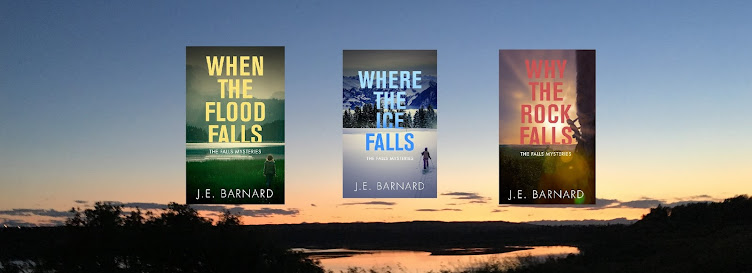Canadian Crime Writing Awards of Excellence
Best Unpublished finalist interview: Pamela Isfeld
My guest today is Pamela Isfeld, two-time UAE shortlister. Is this going to be her year? Read on and decide for yourself if her manuscript would get your vote!
Tell us something about yourself. What is your life like when you’re not writing?
PI: I’m a career Foreign Service officer currently serving as President of the Professional Association of Foreign Service Officers (PAFSO). I’ve had assignments in Moscow, Nairobi, Sarajevo, Kabul, Kandahar, and Warsaw. When I’m not writing, I’m working to protect the interests of my membership in areas like salaries and working conditions, and to promote the value of Canada’s foreign service to the government, media, and the public. I’ m also the devoted servant of two fourteen-year old pugs, Lenny and Squiggy.
What previous writing experience do you have? What got you started writing crime?
PI: I’m never quite sure how to answer questions about when I started writing, since it’s been a part of my life for as long as I can remember. It’s a big component of my day job both as a Foreign Service Officer and as President of PAFSO, and you can see one of my non-fiction pieces for our magazine, Bout de Papier, here: https://boutdepapier.ca/the-ghosts-of-afghanistan/ I was profoundly influenced by my time in Afghanistan and after I came back from Kandahar in 2006, I wrote a memoir as part of a creative non-fiction diploma through Humber College, but realized I wouldn’t be able to publish it without getting fired.
At that point, I decided to pursue crime fiction and had a couple of short stories published. I’ve always loved mysteries and psychological thrillers, and have produced several draft manuscripts over the years, often for NaNoWriMo. It was probably inevitable that eventually, the idea of a crime novel set partly in Afghanistan would emerge. There’s a meme going around on the internet that says “I want to write the kind of book that makes people make irresponsible decisions about their sleep,” and that pretty much sums up my ambitions.
Is this your first entry into the Awards of Excellence? Where did you hear about this contest for unpublished crime novels, and what decided you to enter?
PI: I first heard about the Crime Writers of Canada contest from my writer’s group in around 2009, but it took me a long time to have something to enter. I had one manuscript longlisted for what was then the Unhanged Arthur in 2012, and another shortlisted in 2016, but neither of those found a publisher. I’m a member of Ottawa’s Capital Crime Writers, a great community that supports and encourages members to pursue opportunities like this one. I also owe a lot to a small but feisty critique group called PaperBackWriters, who have patiently worked through several incarnations of this book.
Tell us a little bit about your shortlisted manuscript. Is it cozy, traditional, gritty, amateur or professional investigator, serial killer?
PI: CAPTIVES is a gritty psychological mystery featuring journalist Sam Gilchrist. Three years after a brutal kidnapping in Kandahar, Sam and the other survivors think they have put it all behind them. Sam’s career and relationship are going well, Maria has recovered from the injuries she sustained, Chrissie is about to leave the military and start a brand new life, and Amanda has finally kicked her drug addition. But, on the eve of their reunion at a Gatineau cottage, Amanda is found dead, an apparent suicide. As the friends struggle to make sense of what happened, Sam realizes that none of them are as free from the past as they want to believe.
Do you like your hero(es) or your villain(s) better?
PI: I definitely like my heroes better than my principal villain, who is kind of a weasel. But the most interesting threats in the story come from the characters’ pasts, and the secrets they keep from each other, and from themselves
What is one thing you wish you’d known when you started writing this novel, that you would warn other beginning crime novelists about?
PI: Don’t underestimate the amount of thinking and planning that should go into the process. There’s a wild energy in the early drafting process, but an early outline is a good thing. It does not have to be very detailed but mapping out the major plot points and making sure that they all make sense before you get too far into your manuscript will save you time and frustration. Time spent up front will be worth it down the line.
Thanks and best of luck, Pamela!
You can follow Pamela Isfeld on Twitter at @dip_passport
And get the most up-to-the-minute news about who wins
the Unpublished Award of Excellence via @CrimeWritersCanada


No comments:
Post a Comment